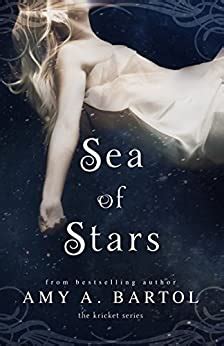A Quote by C. A. Bartol
Beauty is no local deity, like the Greek and Roman gods, but omnipresent.
Quote Topics
Related Quotes
The truth wears longer than all the gods; for it is only in the truth's service, and for love of it, that people have overthrown the gods and at last God himself. "The truth" outlasts the downfall of the world of gods, for it is the immortal soul of this transitory world of gods; it is Deity itself.
Wonderful, Annabeth thought. Her own mother, the most levelheaded Olympian, was reduced to a raving, vicious scatterbrain in a subway station. And, of all the gods who might help them, the only ones not affected by the Greek-Roman schism seemed to be Aphrodite, Nemesis and Dionysus. Love, revenge, wine. Very helpful.
I think Eros should be dirty. In Greek legend, as I'm sure you are aware, he fell in love with the minor deity Psyche. It was the Greek way of saying that, in spite of what it may believe, Love pursues the Soul, not the body; the Erotic desires the Psychic. If Love was clean and wholesome he wouldn't lust after Psyche.
In the years of the Roman Republic, before the Christian era, Roman education was meant to produce those character traits that would make the ideal family man. Children were taught primarily to be good to their families. To revere gods, one's parents, and the laws of the state were the primary lessons for Roman boys. Cicero described the goal of their child rearing as "self- control, combined with dutiful affection to parents, and kindliness to kindred.

































